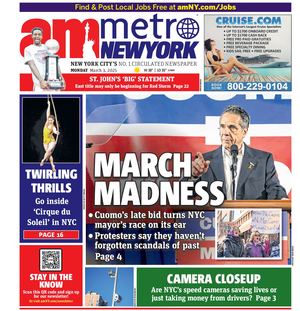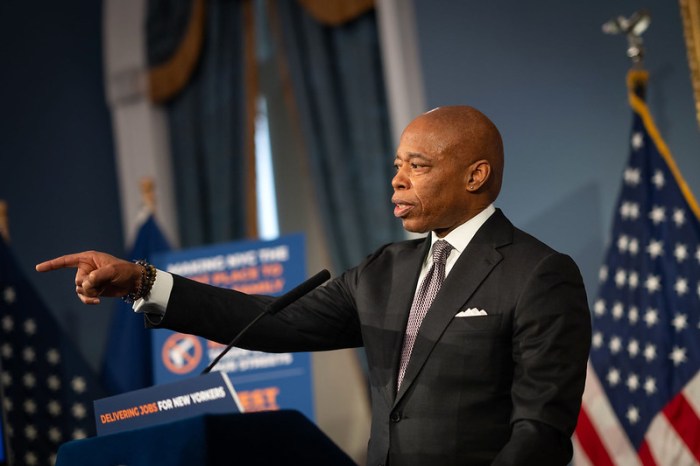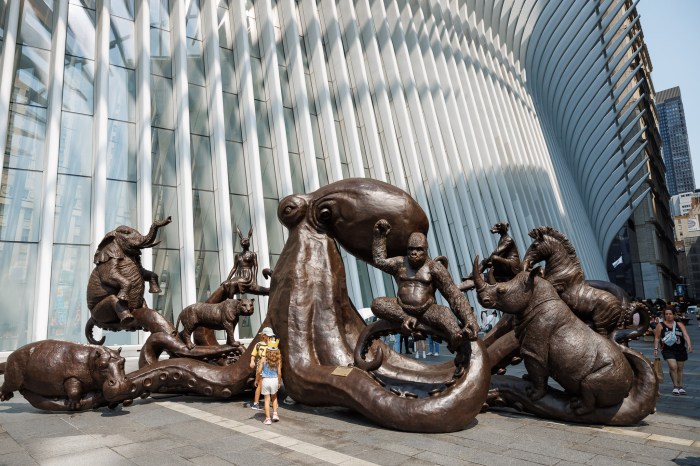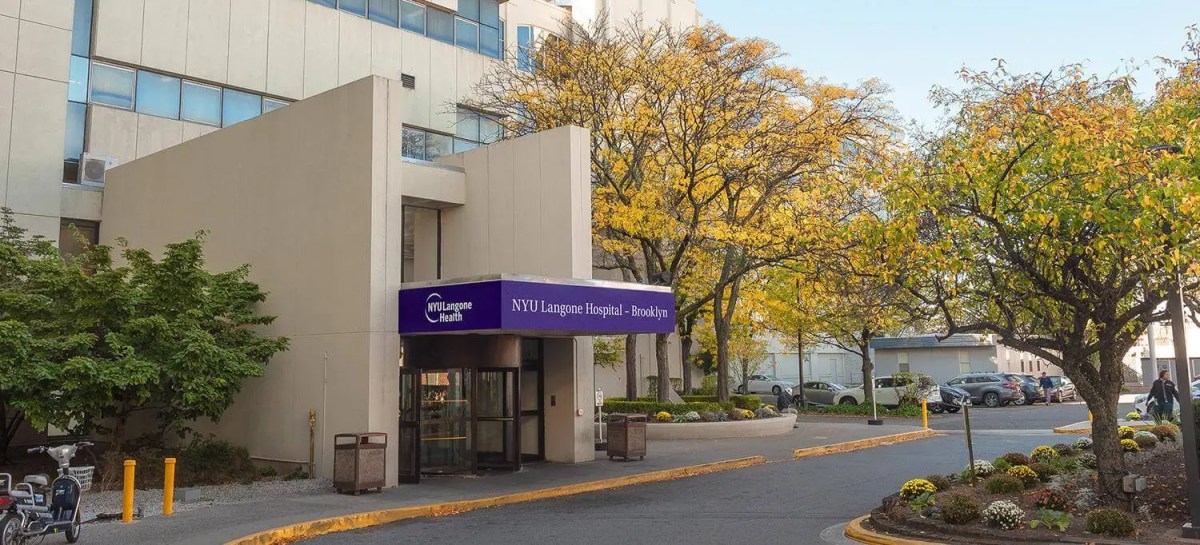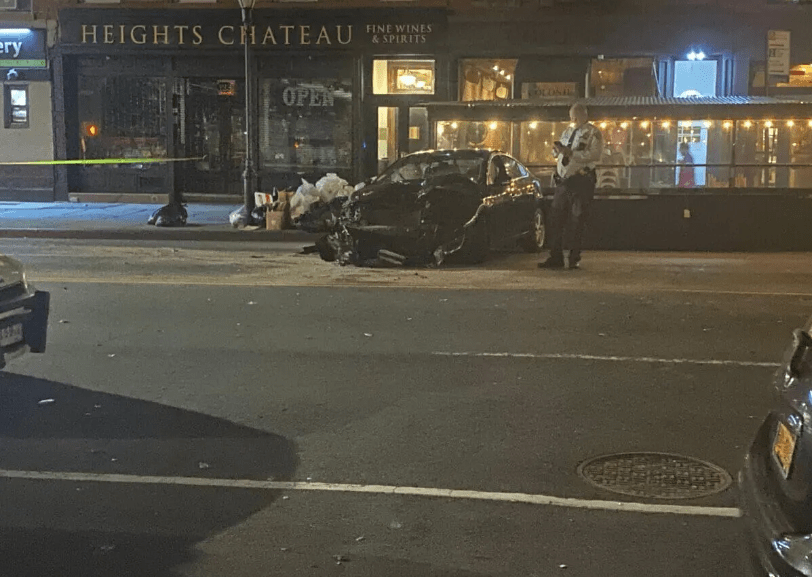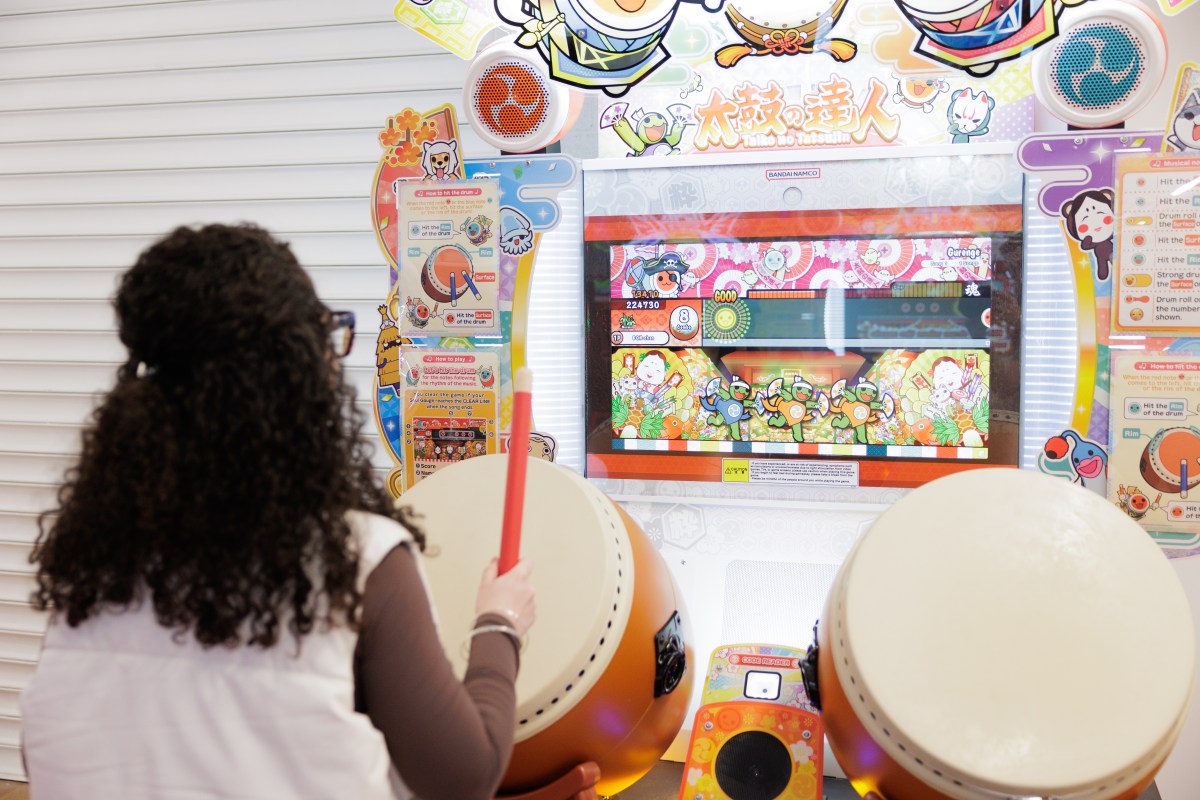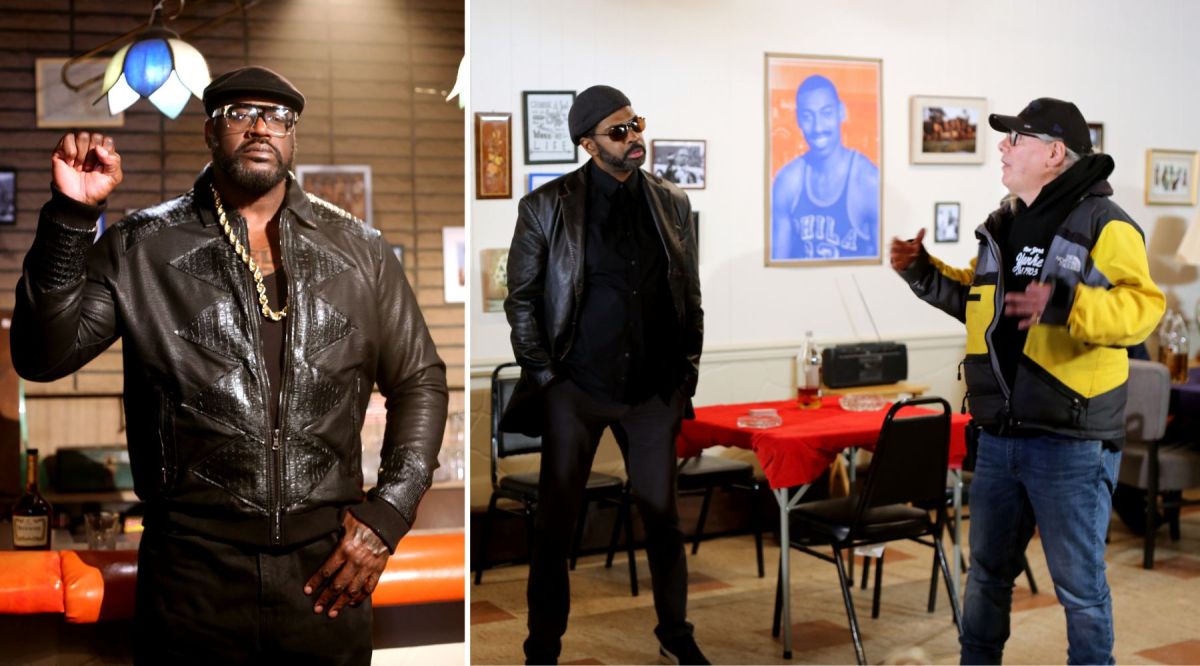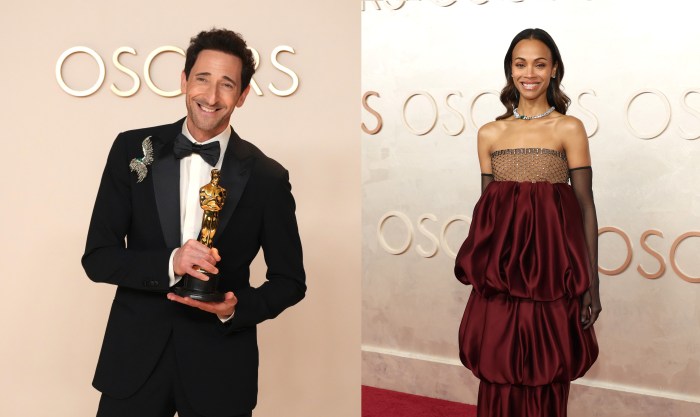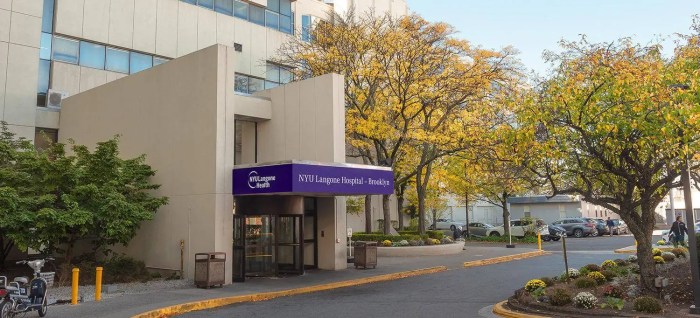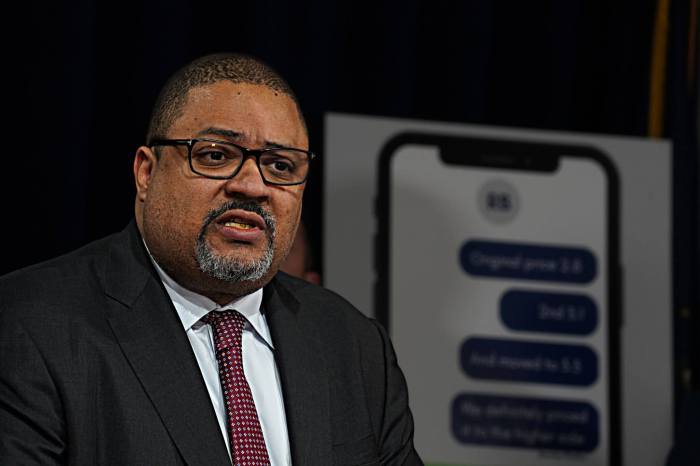When SUNY Chancellor John King announced plans to close SUNY Downstate University Hospital in January, it sent shockwaves far beyond the halls of Brooklyn’s only public teaching hospital. It shook students, residents, faculty, and staff, as well as community members and business owners throughout the borough.
And the chancellor’s plan came just four years after Downstate doctors, nurses, and medical staffers put their lives on the line to care for thousands of sick and dying patients who came to the hospital with COVID. When then-Gov. Andrew Cuomo designated Downstate hospital as a COVID-only facility in March 2020, our members more than met that challenge. Some even gave their lives to help others.
A groundswell of community support quickly developed to counter the chancellor’s closure plan, which led to the creation of a strong, diverse coalition made up of workers, students, elected officials, community groups, faith leaders, and business owners. Together, these groups held several rallies in Brooklyn and Albany. One of those rallies, on a frigid day in February, brought together over 1,200 people in solidarity and support for SUNY Downstate.
Led by our champions in the Legislature, including Sen. Zellnor Myrie, who was by far the most vocal and vigorous supporter from Day One, we were able to defeat the chancellor’s closure plan.
We may have won the battle, but the war is far from over. Chancellor King intends to close SUNY Downstate — maybe not today, maybe not tomorrow, but that is ultimately his goal.
Our legislative success during state budget negotiations led to the creation of an advisory board that will ultimately determine the future of SUNY Downstate. The nine members of the board will have representatives appointed by the Senate, the Assembly, and the Governor’s office, one of which will be from UUP. The number of seats appointed by the Governor’s office will tip the scales, giving the governor and the chancellor the majority.
That is why UUP and its wide and diverse community coalition will continue to work to make our voices heard.
The community has made it clear that Downstate should continue as a fully operational hospital that provides the inpatient services it needs and deserves. It also rejects the notion of turning the facility into a glorified outpatient clinic. Moreover, the Department Chairs at the School of Medicine have strongly opposed the Chancellor’s closure plan and have publicly warned that if implemented, “the effect on both undergraduate and graduate medical education will be devastating.”
The members appointed to the state advisory board should heed these demands and warnings, and their recommendations for the future of Downstate should reflect them.
It’s simple: Brooklyn needs Downstate.
As a public teaching hospital, Downstate treats all patients who walk through its doors, including patients without insurance or who are unable to pay for care. It is estimated that some 90 percent of the 400,000 patients who seek care annually at Downstate are either on Medicaid, underinsured or uninsured. We must continue to provide those patients with access to a high-quality hospital. Anything else is non-negotiable.
Downstate has served the people of Brooklyn for 164 years, treating countless residents and training tens of thousands of doctors. We intend for that rich history to carry on so that future generations will continue to be able to call SUNY Downstate their hospital in Brooklyn.
Frederick E. Kowal, president of United University Professions
Read More: https://www.amny.com/opinion/
